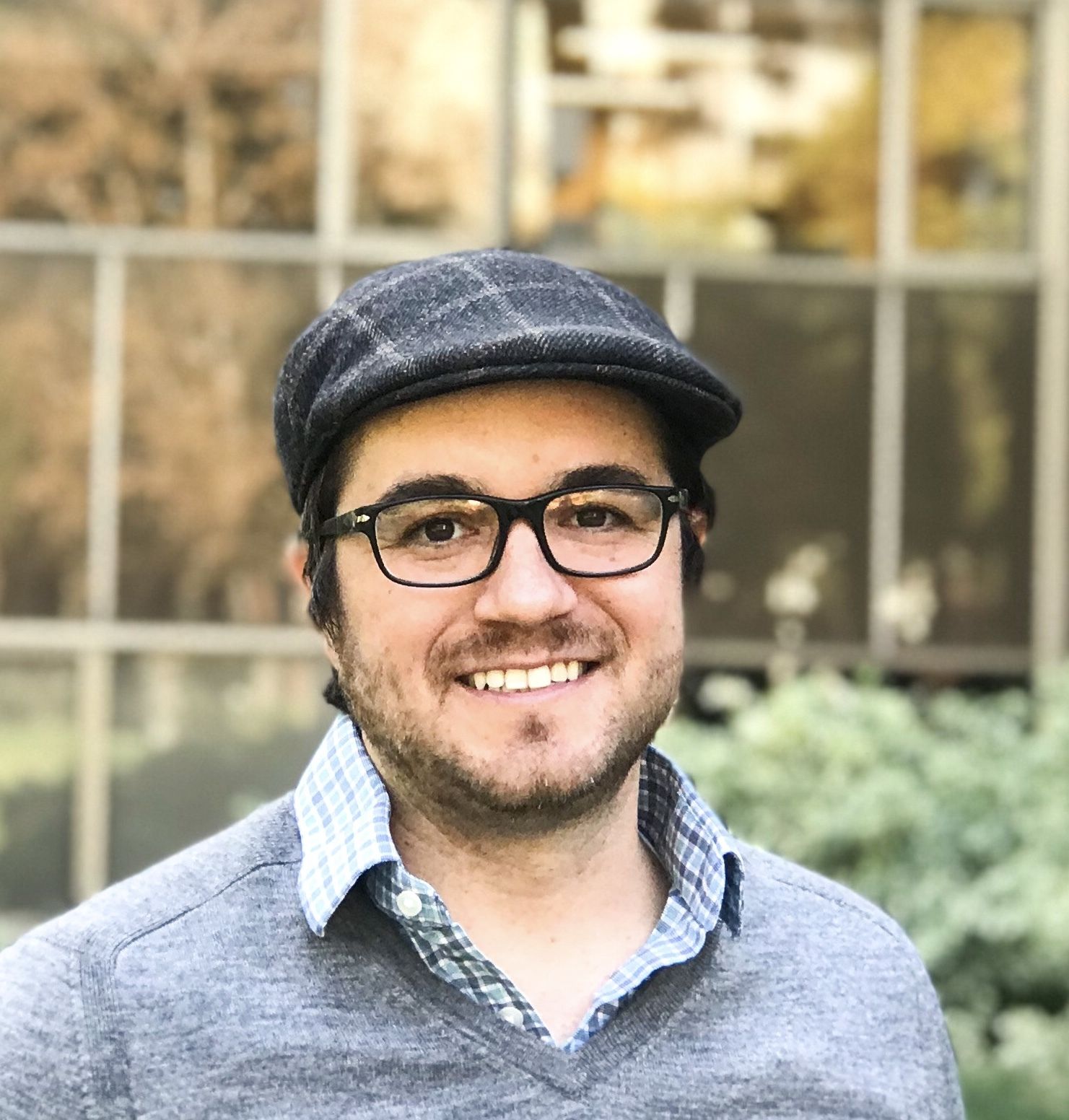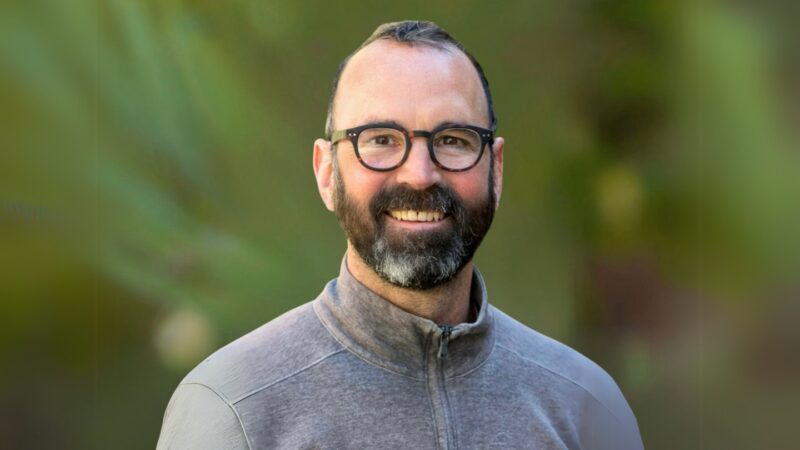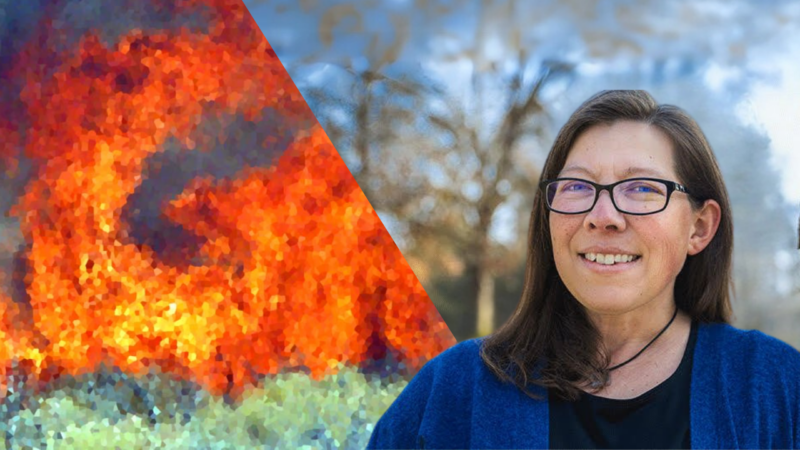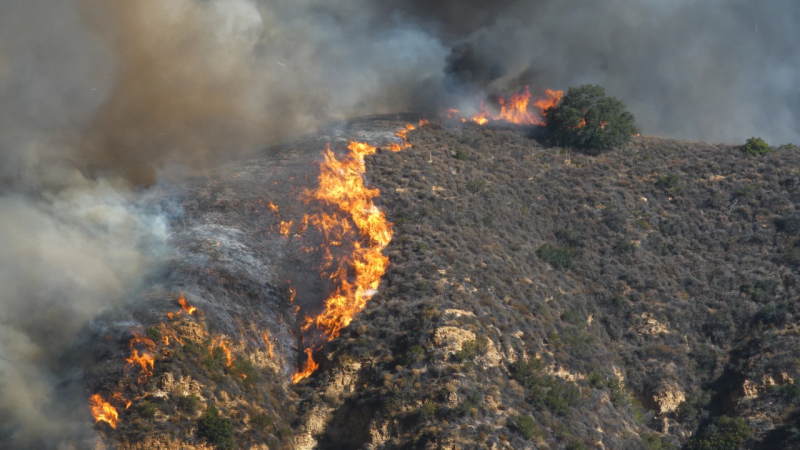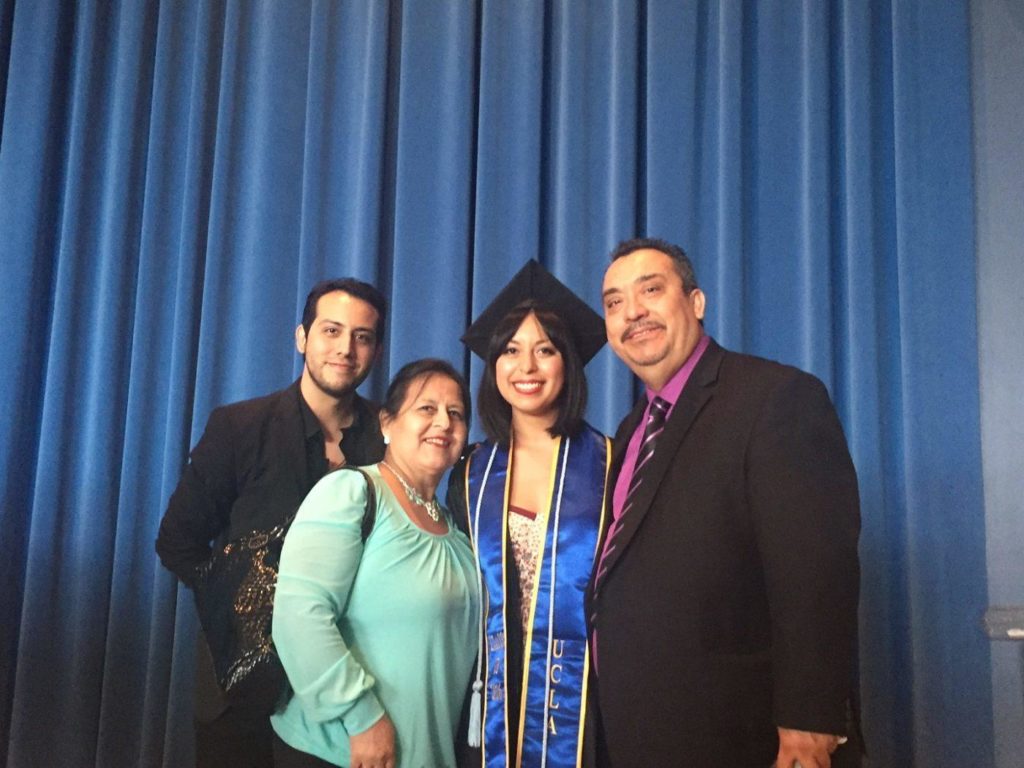
A degree of determination
Both literally and figuratively, that’s how it was for Valerie Carranza, one of 76 UCLA students who graduated with bachelor’s degrees in environmental science on Sunday. Carranza grew up in…
The path to success is rarely a straight line. Sometimes, it’s a 14-hour road trip through the wilderness.
Both literally and figuratively, that’s how it was for Valerie Carranza, one of 76 UCLA students who graduated with bachelor’s degrees in environmental science on Sunday.
Carranza grew up in a close-knit family in the northeast San Fernando Valley. She excelled in school as a child, but in middle school, the social environment changed and her grades dropped off.
“People around me weren’t very driven academically,” she remembers.
Carranza gravitated toward a clique of friends she calls “metalheads.” There wasn’t much to do nearby, so they spent most of their time hanging out at fast food joints like Jack in the Box or Burger King.
At school, things weren’t much better.
“It’s like a jungle, to be honest,” Carranza said. “There are 50 students in the classroom. A lot of them are involved in gangs. Teachers don’t really have a handle on the situation, so it’s like a continuation of recess.”
Still, there were bright spots. Honors classes were more productive and offered a glimpse of what college might be like. While a senior in high school, Carranza devoted herself to achieving better grades. She graduated and enrolled as a freshman at University of California, Santa Cruz.
Unfortunately, the experience proved unsustainable. “I couldn’t afford it and my education hadn’t gotten me ready for that level of academics,” Carranza says. “I needed to prepare myself better.”
Carranza decided to transfer and take classes at community colleges closer to home. It was a difficult choice, but the self-awareness paid off. While studying at Los Angeles Valley College, Carranza met important mentors such as Becky Green-Marroquin, who taught her how to conduct research. Green-Marroquin suggested that she investigate real-life research opportunities.
“I did a Google search for ‘research experiences for undergraduates,’ and there turned out to be an organization that is literally called Research Experiences for Undergraduates,” Carranza laughs.
Through the organization, she applied for an internship at UC Irvine and was accepted. Under advisor Francesca Hopkins, she began studying methane emissions from natural gas fueling stations. One day, Hopkins invited her to help drive a mobile research lab back to L.A. from Utah. Surrounded by inspiring female scientists, the trip opened her eyes to the world of field research.
“That’s when it all changed,” Carranza said. “I realized ‘Oh, there’s actually a career here. You can do this and it’s fun.’ ”
Carranza decided to pursue additional research opportunities. At Jet Propulsion Laboratory in Pasadena, she researched possible landing sites for two missions to Mars. In South Africa, she studied geophysics at the Bushveld Igneous Complex—a geological formation.
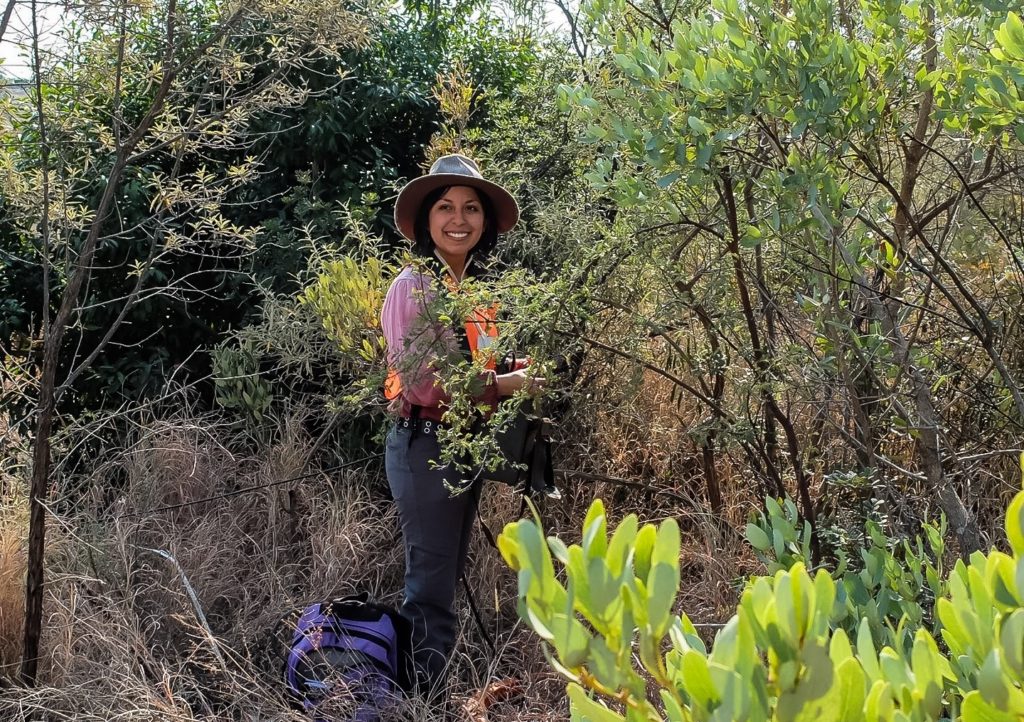
When it was time to continue her formal education, she turned to UCLA’s environmental science program because of its focus on urban areas. This time, her good grades and high-level internships got her a full scholarship. The transition was academically challenging again, but she was prepared. “I knew UCLA was going to be really competitive,” Carranza says.
The next two years weren’t always easy, but she stayed the course and became the first member of her family to graduate college. She hopes her success will inspire others in her community to do the same.
“Even though you may not have the easiest path, you can succeed if you persevere and surround yourself with people who believe in you.”
Next, Carranza plans to spend a year working with the Institute of the Environment and Sustainability’s director, Peter Kareiva, as she decides on a path for graduate study. In the end, her goal is to do work that makes a difference in people’s lives.
“I’m not satisfied with just doing research,” Carranza says. “I want to apply it back to the community.”

